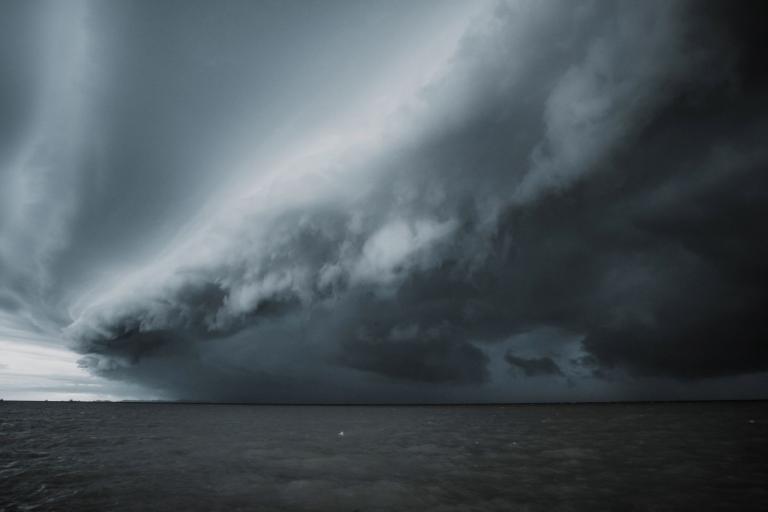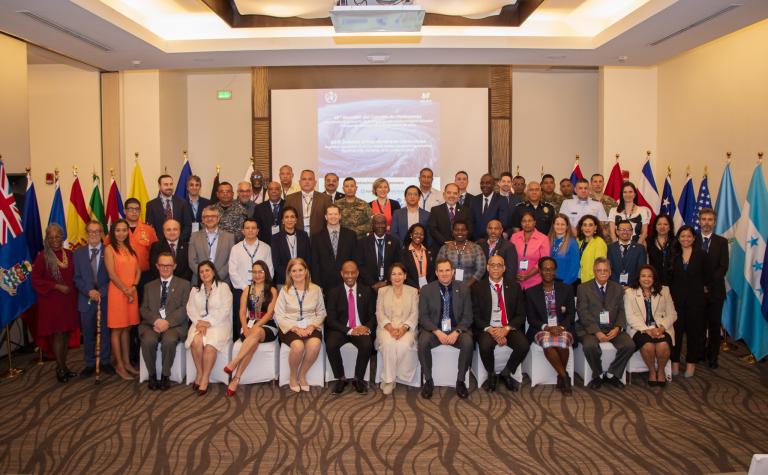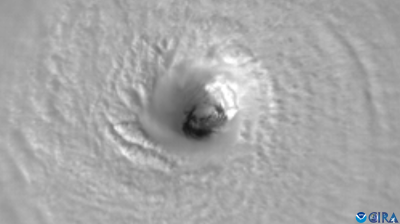WMO Hurricane Committee retires the names Otis and Dora from the eastern North Pacific basin name list

The Committee also retired Dora from the eastern North Pacific name list, not because of direct damage, but because of sensitivities to the name Dora and the indirect meteorological role it played in the devastating wildfires in Maui, Hawaii, in August 2023. The name Dora was also retired from the Atlantic basin name list in 1964.
Otilio and Debora instead will be used in the lists of names, which are overseen by WMO to help in the communication of storm warnings and to alert people about potentially life-threatening risks. The names are repeated every six years, unless a storm is so deadly that its name is retired.
The Committee did not retire any Atlantic basin names – the first time this has happened since 2014.
The naming convention – whilst attracting the most public attention – is only a small part of the life-saving work of the Hurricane Committee.
"The work of the Hurricane Committee is critical to ensuring that everyone in the region across the Atlantic and east Pacific basins is ready for the upcoming 2024 hurricane season, and reducing the impacts to life and property from these dangerous storms," said Dr Michael Brennan, Chair of the Hurricane Committee and Director of the Regional Meteorological Specialized Center Miami.

The meeting in Panama is also due to focus on operational priorities including the provision of forecasts and warnings for wind, rainfall, storm surge and flooding hazards, as well as impact assessments. This year the Committee will include two special sessions; the Panel on ocean observations and services; and Early Warning Systems for All.
“The Hurricane Committee embodies the spirit of cooperation and service delivery that is so essential to WMO as we rise to the greatest challenge of our era: the climate crisis,” said WMO Secretary-General Celeste Saulo in a video address to the meeting.
“We all know that 2023 was the hottest year on record. The development of El Niño in the Pacific Ocean played a role. But we also observed unprecedented levels of ocean warming in the North and tropical Atlantic. This is continuing in 2024,” she said.
The record-warm ocean temperatures in the Atlantic helped fuel an above-average hurricane season in 2023 and provided a strong counterbalance to the traditional El Niño impacts (which tends to reduce the number of hurricanes).










